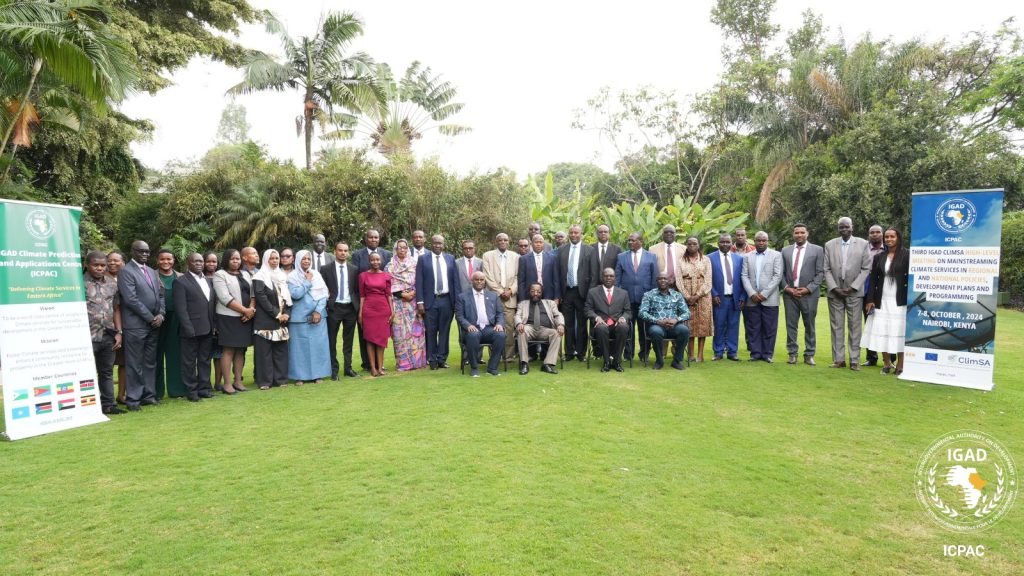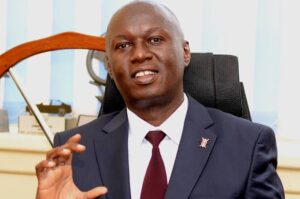High-Level Meeting Highlights Urgency of Climate Services in East Africa

The 3rd IGAD ClimSA high-level meeting commenced this morning, bringing together technical experts to discuss the critical integration of climate services into national policies and development plans. This session precedes a ministerial meeting scheduled for tomorrow, where finance ministers from IGAD member states will focus on enhancing climate resilience in the region.
During the opening remarks, Environment Principal Secretary Festus Ngeno, represented by John Elungata, warned that Kenya’s economy faces significant threats from climate change, with projections indicating a potential GDP shrinkage of 2.6 percent by 2030 due to climate shocks. Ngeno emphasized that climate change is an immediate concern, not a distant threat, highlighting the pressing need for effective mitigation strategies.
A recent report from the National Drought Management Authority revealed that over 5 million Kenyans were affected by drought in 2022, underscoring the severity of the situation. Ngeno called for robust climate resilience strategies to prepare for and mitigate climate hazards, stressing the protection of livelihoods as paramount.
Kenya is already taking proactive steps by implementing comprehensive climate information systems and early warning mechanisms across key sectors, including agriculture, water, health, and disaster risk management. The establishment of automatic weather stations is enhancing the accuracy of climate data, which is vital for informed decision-making and disaster preparedness.
These initiatives are part of Kenya’s broader strategy to align with the Vision 2030 development blueprint, aiming to reduce disaster risks while promoting sustainable development in the face of climate change.
As the world intensifies its focus on climate change, this meeting serves as a pivotal platform for regional collaboration and the crafting of evidence-based mitigation measures, including adaptation and resilience-building strategies. The outcomes of the discussions are expected to guide future policies and investments crucial for combating climate change in East Africa.





